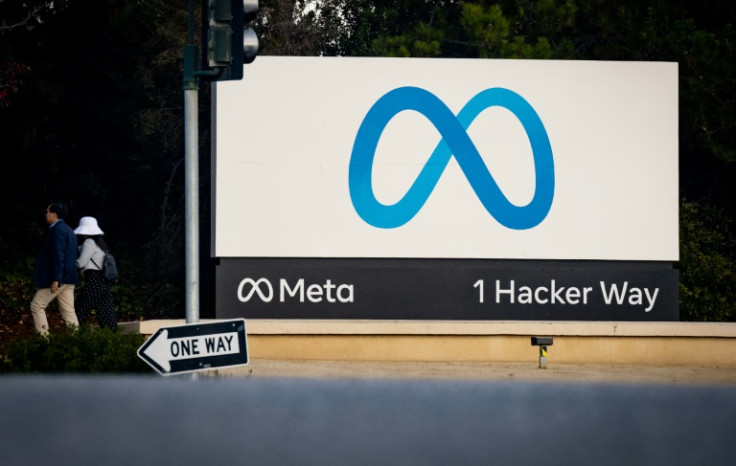'Another Reason to Quit Facebook': Brits Furious as Meta Axes Messenger Desktop App From 15 December

Britons are reacting with anger after Meta confirmed it will be shutting down the standalone Facebook Messenger desktop app for Windows and Mac from 15 December, forcing users to switch to the browser version instead. The decision has ignited frustration among UK users who say they are tired of features being removed.
According to Meta, users will still be able to access Messenger through the web at Facebook.com or Messenger.com, but the dedicated desktop app — which has been popular with office workers, students and anyone who prefers messaging without the distractions of the news feed — will disappear. In a quiet update to its support pages, Meta described the app as 'deprecated', providing little explanation for why it was being scrapped.
Tech Experts Say It's About Costs — But Users Aren't Buying It
Tech commentators have suggested the move is part of a cost-saving strategy, as maintaining separate desktop applications requires additional support. However, UK users are seeing this as yet another example of Meta eroding user choice. Many users reacted with exasperation, arguing that the decision shows Facebook is increasingly out of touch with what its users actually want, and that the removal of features people rely on is driving them away from the platform.
Meta has urged users to back up their encrypted chat history through its 'secure storage' feature, warning that conversations may not automatically transfer when switching to the browser. This reassurance has done little to calm concerns, with many users interpreting the shift as part of a gradual push to centralise services and retain tighter control over data.
Another Blow as Meta Struggles With Declining UK Relevance
The timing of the decision could not be more sensitive in the UK, where Facebook is already struggling with declining relevance, regulatory challenges and public distrust. Earlier this year, Meta confirmed it will begin offering a paid subscription for Facebook and Instagram in Britain to avoid personalised advertising — a scheme that was introduced after pressure from the Information Commissioner's Office. Users will be asked to either pay £2.99 a month on web or surrender their data for targeted ads, with Meta defending the model in its official announcement on the Meta Newsroom.
The Guardian reported that Meta's UK workforce has already been significantly reduced, with over 700 staff axed and its tax bill falling sharply due to restructuring. This has reinforced the perception that the company is retreating from the British market, prioritising profit over user experience or national presence.
Growing Alarm Over Meta's AI and Data Use in Europe
Concerns have also been raised over Meta's handling of user data and artificial intelligence. The New York Post reported on widespread outrage among UK and European users after it emerged that Facebook and Instagram posts could be used to train Meta's AI systems without explicit consent.
What might seem like a simple product change has therefore tapped into a broader discontent. For many in Britain, the removal of the Messenger desktop app is not merely inconvenient — it is symbolic. It signals shrinking user control, increased pressure to remain logged into Facebook itself, and another erosion of what made Messenger appealing as a standalone service.
For users already disillusioned by privacy concerns, AI integration and the feeling that Facebook is no longer designed around their needs, Meta may have just handed them the final reason they needed to leave.
© Copyright IBTimes 2025. All rights reserved.





















